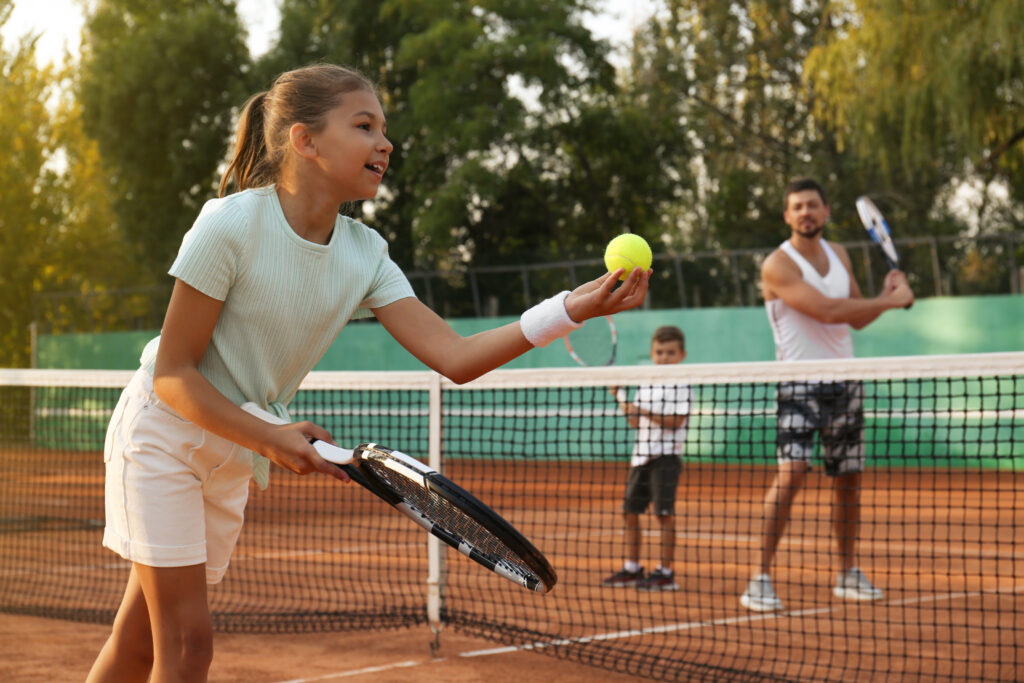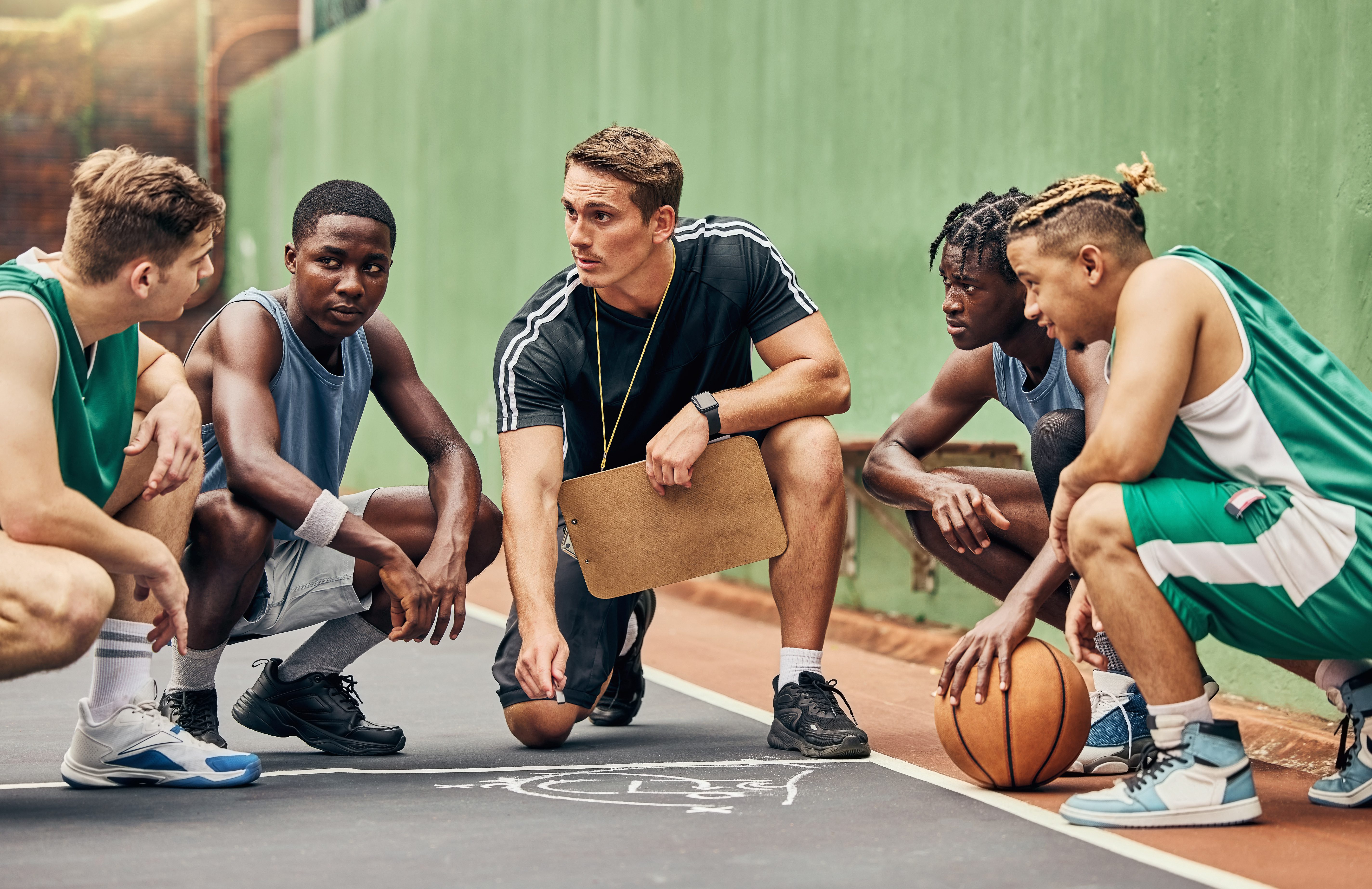The prospective contribution of sport and active leisure to student academic and psycho-social success from kindergarten to high school
Introduction and context Only 8% of school age Canadian students meet the recommended daily goal of ≥ 60 minutes of moderate-to-vigorous physical activity. Youth mental health problems have doubled over the past two decades. As family life represents a primary vehicle for child growth and development, lifestyle movement habits are learned in early childhood. As such,…
How youth athletes can support their own life skill development through sport
Sports help to develop crucial skills on and off the court, field, or ice. Participating in sports can help youth athletes stay physically healthy, build positive relationships with coaches and other players and learn valuable skills. While coaches often play a critical role in supporting athletes’ development, it is also important to consider how athletes…
Youth sport can benefit moms too
With approximately 75% of Canadian youth involved in organized youth sport, it’s uniquely positioned to promote mothers’ mental health and wellbeing. Learn more about how youth sport administrators, program leaders and families can create positive experiences and outcomes for youth sport moms in the SIRCuit.
Concussions in children and mental health
Children take twice as long to recover from concussions compared to adults. Concussions can cause or worsen pre-existing mental health problems, which can negatively impact recovery. Research shows that following a concussion, mental health should be assessed as part of the pediatric concussion assessment for optimal concussion recovery.
Supporting positive parental decision-making in youth sport

Parents and guardians have significant influence on their children’s sporting experiences, as well as broader sport culture. They serve as interpreters, role models, and providers of childhood sport experiences (Fredricks & Eccles, 2004). As such, their decisions can have long-lasting impacts on their children’s sport enjoyment, performance and long-term participation. Parents must decide when to…
Physical activity and school performance
Research shows that physical activity can improve academic performance in children. In addition, engaging in physical activity can improve attention and cognition. It is recommended that teachers provide students with physical activity breaks and that physical activity is integrated into the curriculum.
Emily Goodwin ( egoodwin@neonsupply.com ) @ 01/25/2023 2:30 pm
Mobilizing knowledge into action: Exploring sport administrators’ and parents’ perceptions of the quality of youth sport programs
Introduction and context Although young athletes represent the users of youth sports programs, parents are intricately involved in the decision-making process related to their children’s enrollment and registration in such programs. As such, sport administrators must grasp the elements that shape parents’ views on the quality of youth sport program design, their utilization of youth…
Sport participation through the transition from adolescence to adulthood

View the summary of this research here. Introduction and context Studying factors that contribute to sport participation maintenance in a context where so many people drop out of sports will help develop better strategies and interventions aimed at increasing the number of Canadian sport participants. However, previous studies were of very short duration and with…
Sledding and tobogganing
Sledding and tobogganing are fun ways to stay active this winter. Proper safety strategies are important for preventing sledding and tobogganing-related accidents. Some safety tips include wearing a helmet, ensuring the hill is free of any obstacles and using sledding equipment which is in good condition.